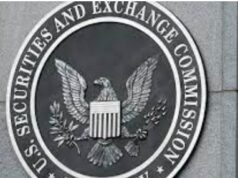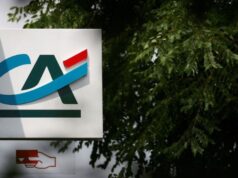Grantham contends that the excesses — and costs — of the super bubble are symptomatic of humanity’s tendency to live beyond its means: the demand for easy money that drove up asset prices and, in doing so, exacerbated inequality is now taking its toll in the form of economic stresses and societal fragmentation.
Similarly, the growth of the past century in pursuit of ever-higher standards of living left depleted soils, poisoned ecosystems and a changing climate, he said. That’s why wildlife is disappearing, biodiversity is in jeopardy and human reproductivity is slowing.
“We have simply shot way beyond the long-term capacity of the planet to deal with us,” said Grantham, who operates a $1.5 billion foundation to protect the environment. “Nature is beginning to fail. And in the end, if we don’t fix that, we begin to fail as well.”
Those views are likely to resonate with Grantham’s fellow conservationists. To his doubters, he’s already too much of a Chicken Little.
For most of the past decade, Grantham has been skeptical of stock valuations and dismissive of the fervent enthusiasm that accompanied the bull market. After his latest crash call, one post on Twitter listed his sky-is-falling warnings to suggest he’s wrong too often to be taken seriously.
At GMO, which manages about $65 billion, value has been a costly strategy for clients. Only one of firm’s nine equity funds with a five-year track record has outperformed the MSCI World Index, according to Bloomberg data.
Since he first predicted a collapse in stocks a year ago, Grantham has been preparing for the worst. At the Grantham Foundation, which has venture-capital investments in everything from renewable energy to carbon capture, he shorted the Nasdaq Composite and Russell 2000 indexes as a hedge.
Personally, he invested in GMO’s so-called equity dislocation strategy, a vehicle that also uses shorts to profit from a narrowing valuation gap between cheap and expensive stocks.
Short positions aren’t usually part of Grantham’s script. He said he targeted the Russell 2000 because it has a “high density of flaky companies that aren’t making any money” and the Nasdaq because it too contains many unprofitable names.








